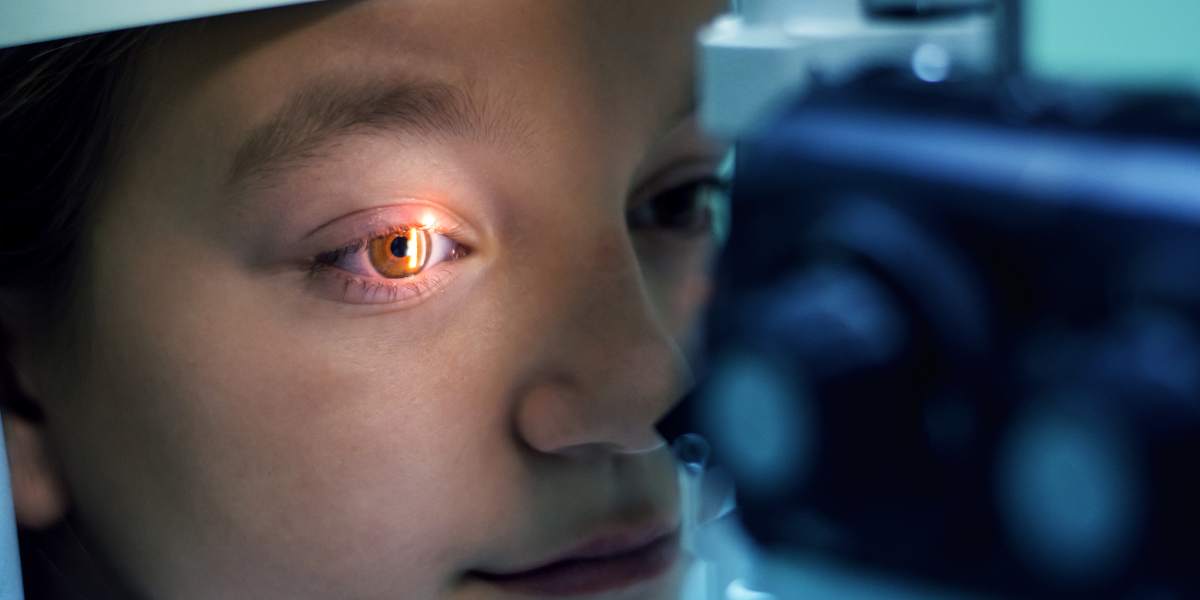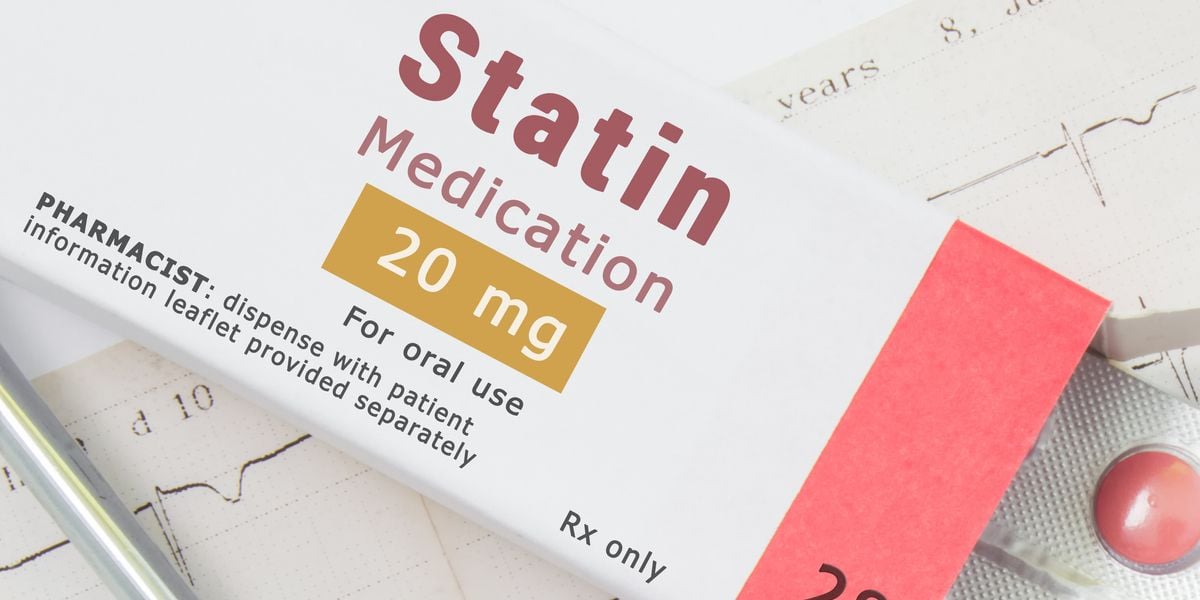A small monitor designed to sit in a tear duct is set to revolutionise the treatment of dry eye by removing the need for regular drops.
The innovative 1mm plug is as big as a grain of rice and automatically administers anti-inflammatory medication to combat the development of dry eye in people with a low tear supply.
Tears are a clear liquid secreted by the lacrimal glands found in the eyes. Predominately made up of water, tears also contain electrolytes, proteins, lipids and mucins. Prior research has found that tears make an individual’s vision clearer.
- Significant link between eating disorders and risk of diabetic eye problems
- British male becomes first human to be given 3D-printed prosthetic eye
Middle-aged and older adults are most likely to develop dry eye diseases as they produce a lower amount of fluid in the eyes, academics have said.
Women are also more at risk of suffering from dry eye compared to men due to the menopause and other hormonal changes, research has reported.
Studies have also shown that dry eye can develop after taking other medications, including beta-blockers for high blood pressure, certain diabetes-related drugs and some cold and allergy remedies.
Spending long periods of time looking at a digital screen can also cause dry eye diseases, previous evidence has revealed.
Individuals with dry eye are likely to experience blurry vision, soreness and a gritty feeling in the eyes.
Traditionally, people tend to treat dry eye with either prescription or non-prescription daily eye drops.
- Children whose mothers had diabetes during pregnancy more likely to develop eye problems, study finds
- Wearable device design to help manage eye and mouth conditions unveiled
However, more than half of people using eye drops containing the anti-inflammatory drug cyclosporine stopped using them due to irritation and pain to the eyes, a 2020 study in the journal Clinical Ophthalmology has identified.
Failing to treat dry eye can damage the surface of the eyes and could cause abrasion of the cornea surface, vision loss and corneal ulcers.
According to the developer, Eximore, the device preserves the tears that are already there and gives immediate relief from the burning and pain.
Consultant Ophthalmologist Gwyn Williams said: “Many developments in dry eye haven’t cut the mustard so we’d need to see evidence of this working in large studies before we could see if it really could benefit a wider population.”






